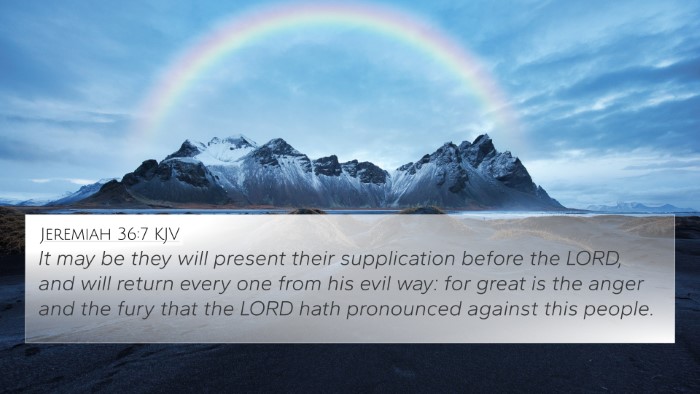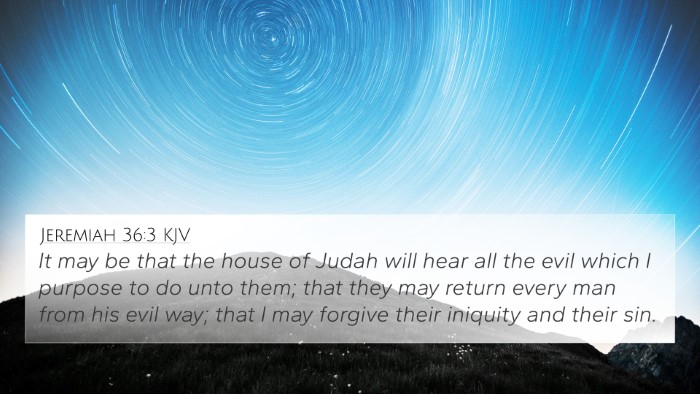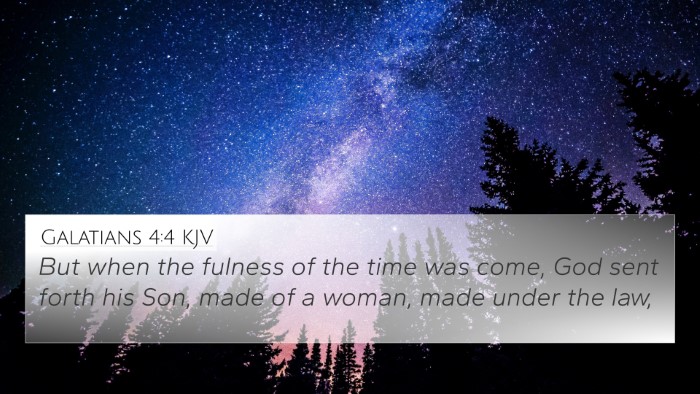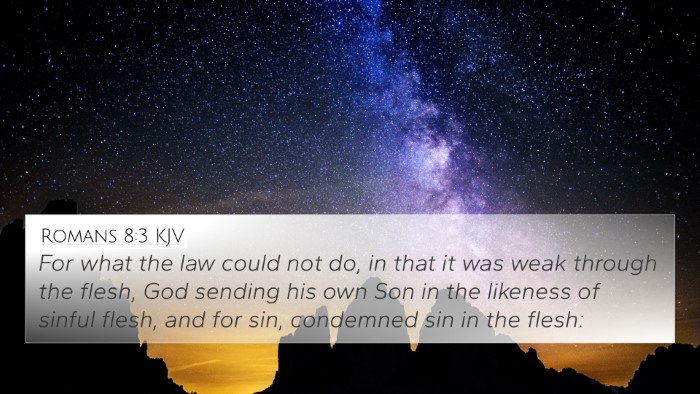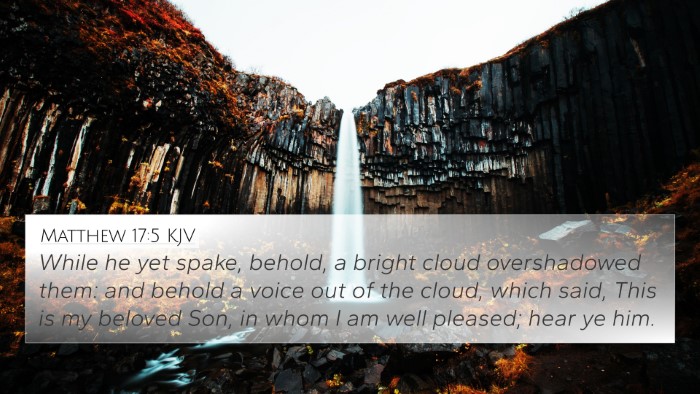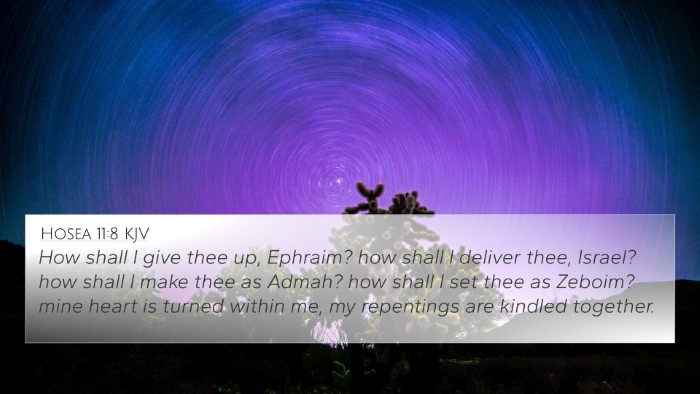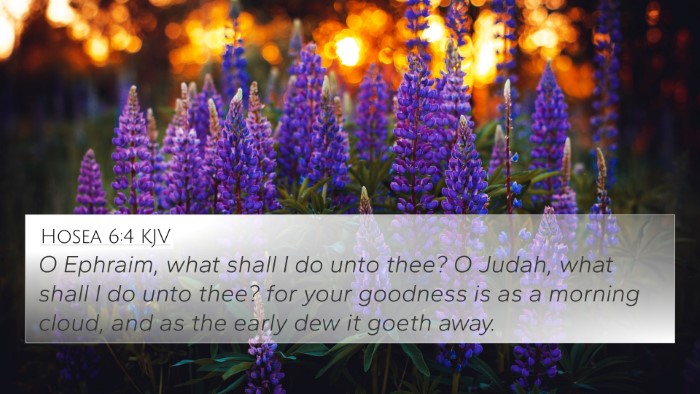Meaning and Interpretation of Luke 20:13
In Luke 20:13, we encounter a parable spoken by Jesus, illustrating the rejection of God's messengers and ultimately God's Son. This verse states: "Then said the lord of the vineyard, What shall I do? I will send my beloved son: it may be they will reverence him when they see him."
Contextual Overview
To comprehend the depth of this verse, it’s essential to consider its context within the parable of the wicked husbandmen. This parable highlights the behavior of the Jewish leaders and their historic rejection of the prophets sent by God.
- Matthew Henry's Commentary: Henry emphasizes the impatience of God’s forbearance. The repetition of sending servants—and subsequently, the beloved Son—demonstrates God's desire for reconciliation, and highlights the extent of divine mercy before judgment.
- Albert Barnes' Notes: Barnes interprets the vineyard as representing the Jewish nation, while the servants denote the prophets. The sending of the son signifies Christ's imminent arrival and the ultimate rejection He would face, stressing the tragedy of unrecognized divine authority.
- Adam Clarke's Commentary: Clarke remarks on the folly of the tenants who mistreat the owner’s representatives, pointing to human rejection of divine authority. The beloved Son symbolically represents Jesus and showcases God’s final offer to Israel, raising the stakes in the divine-human relationship.
Thematic Connections
This verse resonates profoundly with numerous biblical themes and can be cross-referenced with several pivotal scriptures to understand its full meaning:
- Isaiah 5:1-7: This passage contains a metaphor about Israel as God’s vineyard and parallels the themes of divine expectation versus human disobedience.
- Matthew 21:33-46: The parallel account of the same parable reinforces the message of rejection of God’s messengers and foretells judgment on the religious leaders.
- John 3:16: The reference to the beloved Son offers a direct connection to the expression of God’s love and sacrifice through Jesus Christ.
- Hebrews 1:1-2: Discusses God's revelation through His Son, echoing the idea of Jesus as the ultimate messenger.
- Luke 19:10: Stating that Jesus came to seek and save that which was lost aligns with the purpose behind sending the beloved Son.
- 1 Peter 2:4-10: This passage speaks about Jesus being the cornerstone, reflecting the rejection of the builders as observed in this parable.
- Acts 7:52: In Stephen's discourse, he highlights the rejection of prophets, providing historical context that elucidates the ongoing theme of resistance to God’s voice.
- Romans 11:11-12: This section discusses the hardening of Israel’s hearts and indirectly speaks to the consequences of rejecting the Son.
- Matthew 23:37: Jesus laments over Jerusalem, further signifying His status as a messenger who is rejected, linking back to the events illustrated in Luke.
- John 15:18-20: Here, Jesus informs His disciples of the world's hatred toward Him, reinforcing the theme of rejection that culminates in the ultimate sacrifice.
Insights on Salvation and Rejection
Overall, Luke 20:13 serves as a poignant reminder of the gravity of rejecting God’s love and messenger. The beloved Son's sending was an act of tremendous love and hope, with the desire that those in the vineyard would respond positively to His authority. Yet, we are warned through scripture that such rejection leads to dire consequences.
Conclusion
As we reflect on Luke 20:13, it becomes evident that understanding this verse deeply involves exploring its historical and theological implications. Its connection to themes of rejection and redemption reverberates throughout both the Old and New Testaments, demonstrating the unchanging relevance of God's message through time.
Keywords for Further Study:
- Bible verse cross-references
- Connections between Bible verses
- Linking Bible scriptures
- Comparative Bible verse analysis
- Bible verses that relate to each other
- Cross-referencing Biblical texts
- Thematic Bible verse connections
- Bible verse parallels
- Scriptural cross-referencing
- Inter-Biblical dialogue





